If you’ve ever caught your cat staring at you with those wide, unblinking eyes while you’re busy scrolling through your phone, you might have wondered—do cats feel left out? It’s a thought that tugs at the heartstrings of every cat lover. Our feline friends might seem independent, but beneath that cool exterior, they crave connection just like we do. The truth is, cats can and do feel neglected when we don’t give them the attention they need. Missing these subtle signs can lead to a lonely, misunderstood kitty. So grab your cat’s favorite toy, settle in, and let’s unravel the mysterious world of feline emotions together.
Understanding Feline Emotions: More Than Meets the Eye

Cats are often misunderstood as aloof or solitary, but their emotional lives are surprisingly rich. Unlike dogs, cats may not always run up to greet you at the door. However, they form deep bonds with their humans. Just because they don’t wag their tails doesn’t mean they don’t feel joy, sadness, or even jealousy. Recent research shows that cats experience a range of emotions and can be sensitive to their environment. When they don’t get enough interaction, they can become anxious or withdrawn. Recognizing this helps us become more empathetic cat parents. Cats might be mysterious, but their feelings are very real.
Why Do Cats Need Attention?

We often think of cats as fiercely independent, but attention is vital to their well-being. Cats rely on social interaction for mental stimulation and emotional health. Without regular play, petting, or even simple conversation, cats can become bored or depressed. Attention helps strengthen the bond between you and your pet, making them feel safe and loved. Just like humans, a lack of engagement can make cats feel isolated. When you spend time with your cat, you’re not just entertaining them—you’re nurturing their soul. Ignoring this need can lead to behavior problems and a sad, lonely kitty.
How Cats Show They’re Feeling Left Out

Cats aren’t always obvious when they’re feeling left out, but there are telltale signs. You might notice your cat hiding more often, or becoming unusually quiet. Some cats act out by knocking things over or scratching furniture—a desperate bid for your attention. Others may shadow you from room to room, meowing plaintively. These behaviors are their way of saying, “Hey, don’t forget about me!” It’s easy to brush off these signs as quirks, but they’re often cries for connection. Paying attention to these changes can help you catch emotional distress early.
Increased Vocalization: The Loud Plea for Affection
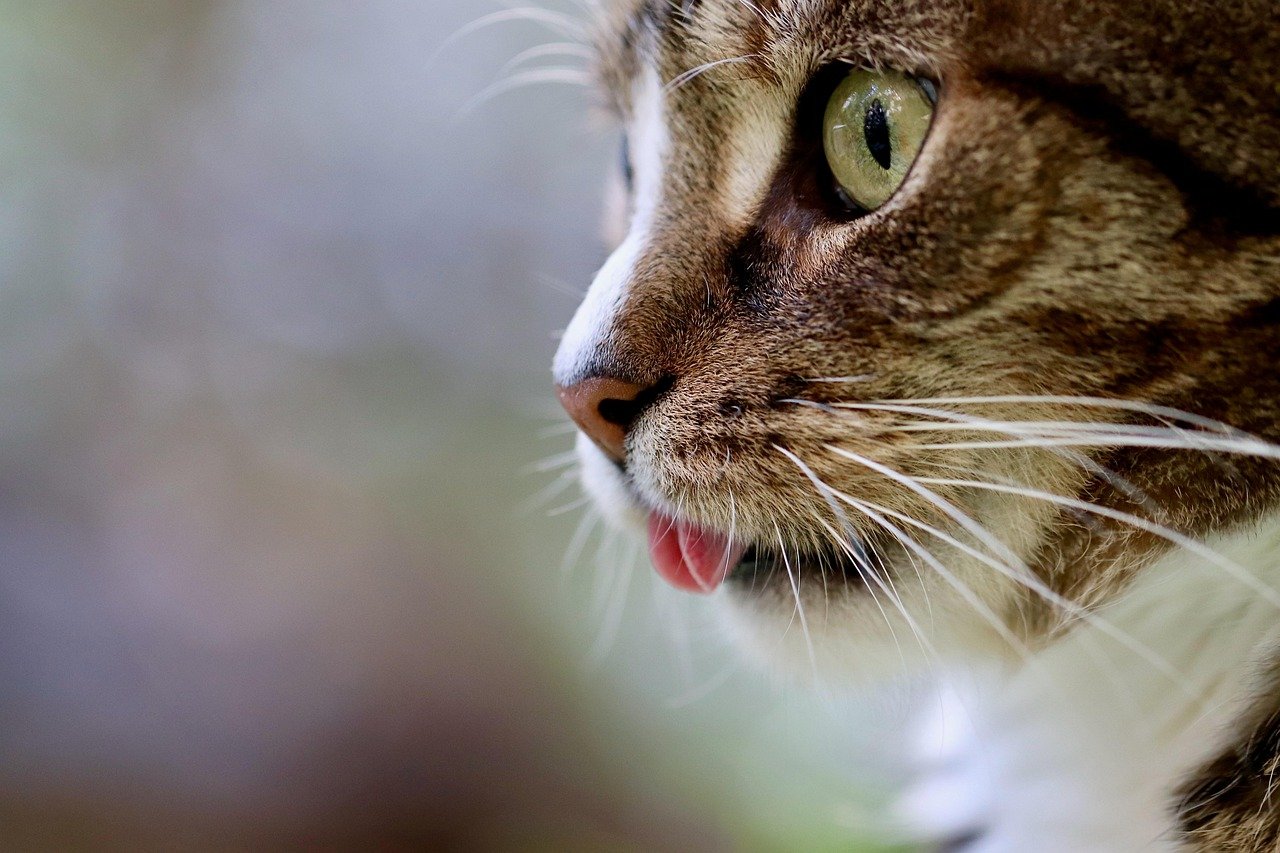
One of the most obvious signs that your cat is craving attention is increased vocalization. If your normally quiet cat suddenly becomes talkative, it might be their way of expressing loneliness. Each meow, chirp, or howl is a message—sometimes urgent, sometimes playful. Some breeds, like Siamese cats, are naturally more vocal, but any sudden change in noise levels deserves attention. Cats may follow you around the house, meowing until you acknowledge them. Ignoring these vocal cues can make your cat feel even more isolated. Try talking back or offering a gentle pet to reassure them.
Destructive Behavior: Acting Out When Ignored

When cats feel neglected, they often find creative, sometimes maddening ways to get your attention. Scratching up the couch, knocking over water glasses, or chewing on cords might all be signs your cat is acting out. These behaviors aren’t just mischief—they’re desperate attempts to be seen. A bored or lonely cat may also dig in houseplants or unroll toilet paper. While it’s easy to get frustrated, remember that these actions are usually rooted in emotional need. Providing more playtime and affection can often curb these destructive tendencies.
Withdrawal: The Silent Cry for Help

Not all cats react to neglect by acting out; some retreat into themselves. If your cat starts hiding under the bed or spending long hours in a closet, it might be a sign they’re feeling left out. This withdrawal can be subtle—you might simply see them less or notice they’re less eager to greet you. Unlike dogs, who often seek comfort, cats may cope with loneliness by isolating themselves. This behavior can be especially heartbreaking because it’s so easy to overlook. Building a routine of daily interaction can help draw your cat back out.
Over-Grooming: When Stress Shows on the Surface
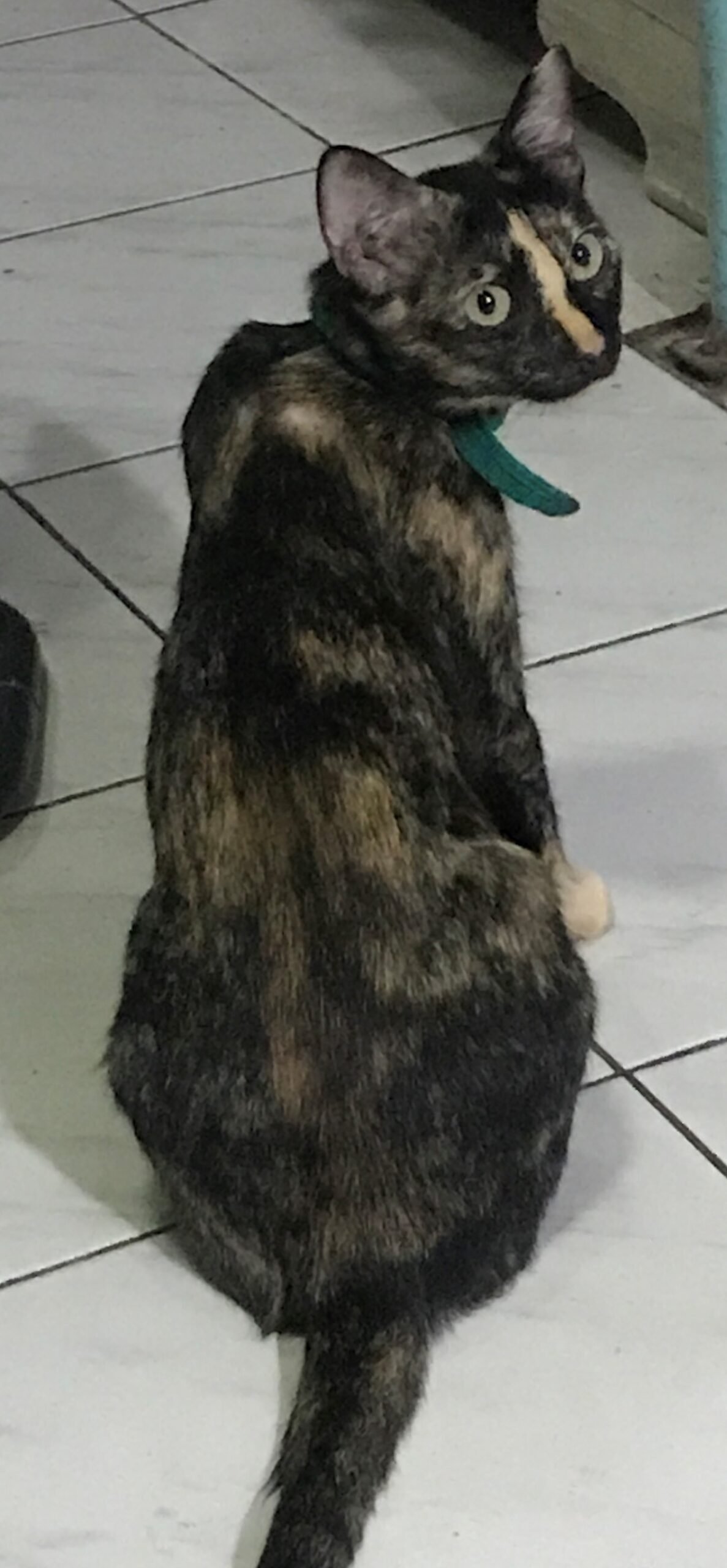
Cats are fastidious groomers, but too much licking or biting at their fur can indicate stress. When cats feel left out, they might over-groom as a way to self-soothe. You may notice bald patches or irritated skin as a result. This behavior is similar to humans biting their nails when anxious—it’s a coping mechanism. If you spot your cat obsessively cleaning certain areas, it’s time to check in on their emotional health. Increasing positive engagement can often help reduce this stress-driven habit.
Changes in Eating Habits: Appetite as an Emotional Barometer

A cat’s appetite can say a lot about their emotional state. If your cat suddenly stops eating or, on the flip side, starts overeating, this could signal emotional distress. Just like people, some cats lose interest in food when they’re unhappy, while others comfort-eat. Skipping meals or begging for more treats can both be cries for attention. Always rule out medical issues, but don’t overlook the emotional component. A balanced routine of play and affection can help restore your cat’s healthy appetite.
Litter Box Issues: A Messy Message

Few things are more frustrating than finding your cat has missed the litter box. But before you scold them, consider that this might be a sign of emotional neglect. Cats are creatures of habit, and sudden changes in bathroom habits often reflect stress or unhappiness. Peeing outside the box can be a way for your cat to express their distress or draw your attention. While medical issues should always be checked first, don’t discount the power of emotional support. More quality time together can often solve these messy problems.
Clinginess: Suddenly Needy Behavior

Sometimes, a cat reacts to being left out by becoming extra clingy. They might follow you everywhere, jump onto your lap at every opportunity, or refuse to let you out of their sight. This sudden neediness can feel overwhelming, but it’s usually a plea for reassurance. Cats that feel insecure or neglected often seek constant contact. By carving out dedicated playtime and offering gentle affection, you can help your cat regain confidence and independence.
Loss of Interest in Play: The Fun Has Faded

If your cat no longer seems interested in toys or games they once loved, it may be a sign they feel left out. Play is vital for a cat’s mental and physical health, so a sudden lack of enthusiasm is a red flag. Cats that feel ignored may simply give up trying to engage with you. This can quickly spiral into depression or obesity if left unaddressed. Re-igniting their interest with new toys or interactive games can make a world of difference.
Excessive Sleeping: More Than Just Cat Naps
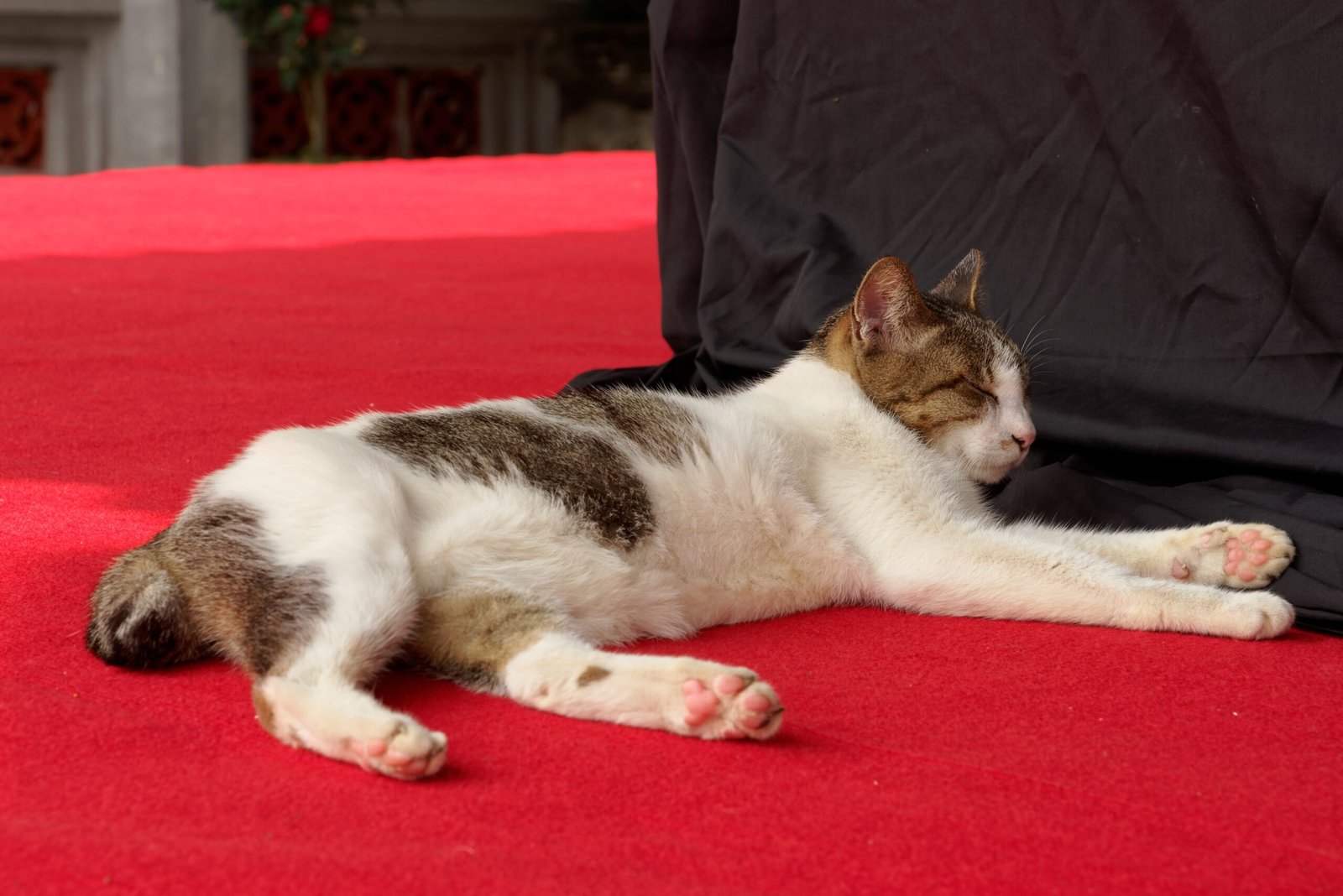
While cats are famous for their love of sleep, excessive dozing can indicate something’s wrong. If your cat seems to sleep the day away and shows little interest in what’s happening around them, they may be checked out emotionally. Like people who nap to avoid feeling lonely, cats can use sleep to escape boredom or sadness. Keeping your cat active and engaged can help break this cycle and bring back their playful side.
Jealousy Towards Other Pets or People

Cats can be surprisingly jealous creatures. If a new pet or person has entered your life, your cat might act out or sulk in response. They may try to insert themselves between you and the newcomer, or behave aggressively. This jealousy is rooted in fear of losing your attention. It’s important to reassure your cat that they’re still valued. Balancing your time and offering them special moments can help ease these feelings.
Excessive Attention-Seeking: Demanding Your Focus
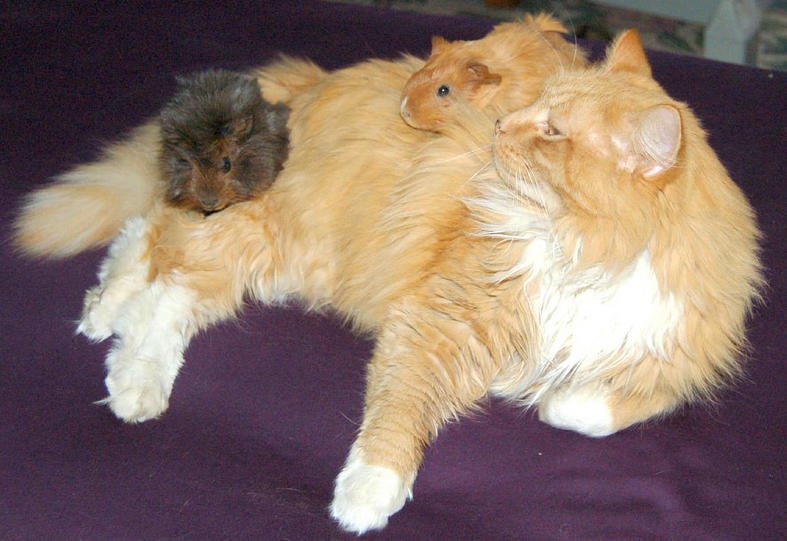
Some cats respond to feeling left out by becoming little attention hogs. They might leap onto your work desk, paw at your face, or loudly demand belly rubs. While this can be endearing, it’s often a sign they’re not getting enough interaction. Ignoring these bids for attention can make the behavior worse. Setting aside time every day for focused play and petting lets your cat know they matter.
Changes in Body Language: Reading the Subtle Signs
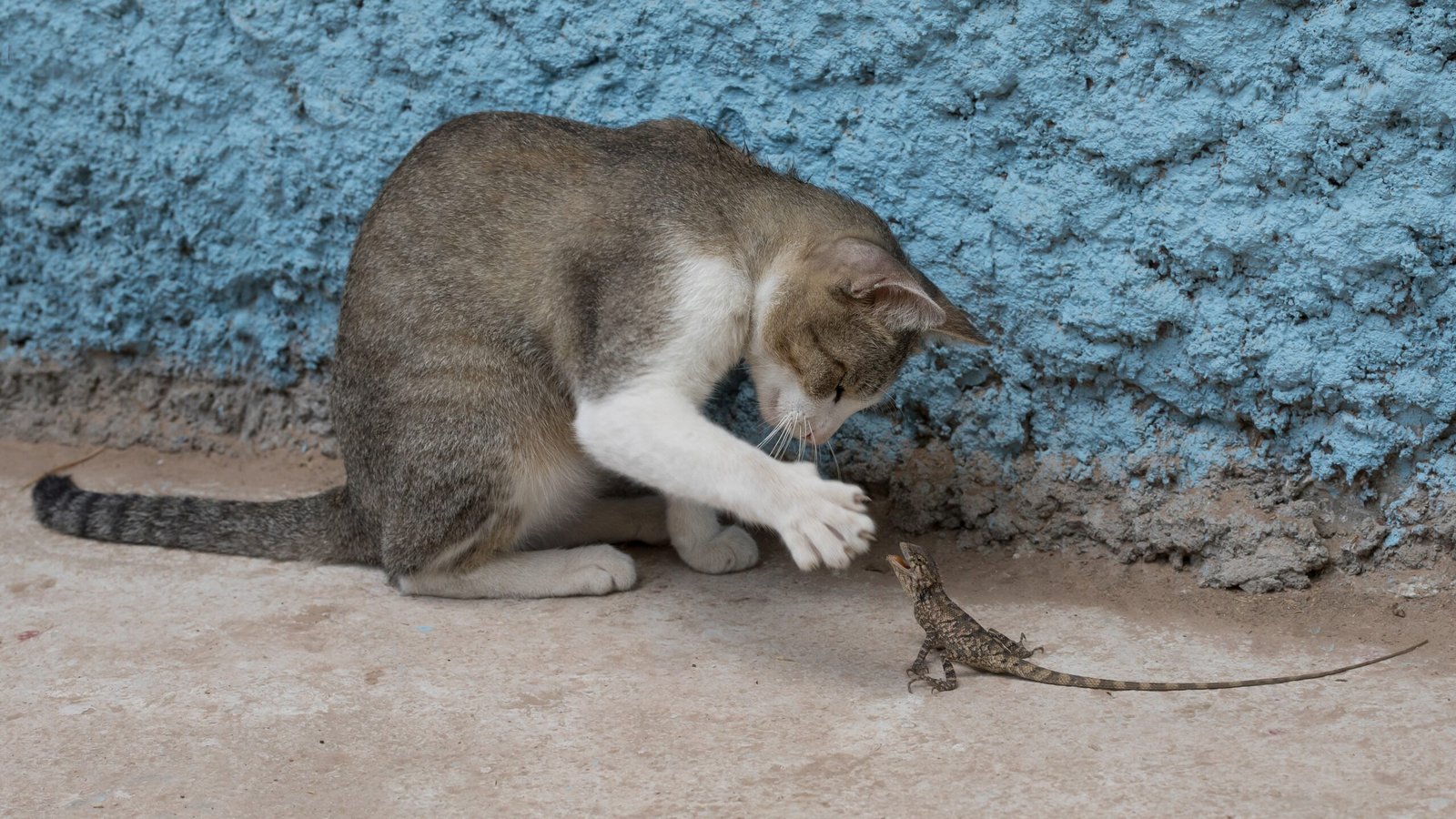
Cats communicate a lot through body language. Flattened ears, a twitching tail, or crouched posture can all signal distress or loneliness. You might notice your cat turning their back on you or avoiding eye contact. These subtle cues are easy to miss, but they tell a story of emotional need. Learning to read your cat’s signals can help you respond with empathy and care.
Avoiding Eye Contact: The Silent Distance

If your cat suddenly avoids looking at you, it can be a sign of emotional withdrawal. Cats often use eye contact to bond, so a lack of it may mean they’re feeling disconnected. This can happen if you’ve been especially busy or preoccupied. Gently reestablishing trust through soft words and gentle touches can help rebuild your bond.
Sudden Aggression: Lashing Out in Sadness

A normally sweet cat that turns aggressive might be struggling with feelings of neglect. Swatting, biting, or hissing can sometimes be traced back to emotional pain, not just bad temper. This aggression is their way of saying, “I need you to notice me!” Addressing the root cause—lack of attention—can turn things around. Patience and extra love are often the best remedies.
Following You Everywhere: A Shadow You Can’t Shake

Some cats become little shadows, trailing you from room to room. This isn’t just curiosity—it’s a sign they’re craving your company. If your cat waits outside the bathroom door or sits at your feet while you work, they’re seeking connection. These moments are opportunities to offer reassurance with a kind word or a quick scratch behind the ears.
Unusual Sleeping Spots: Seeking Comfort or Security

Cats that suddenly choose strange or hidden places to sleep may be signaling emotional discomfort. Sleeping in closets, behind furniture, or in boxes can mean they’re searching for comfort or escape. This behavior often follows changes in routine or a lack of attention. Making their usual sleeping spots cozier and spending more time cuddling can help them feel more secure.
How to Rebuild Your Bond: Practical Steps for Cat Parents

If you recognize any of these signs in your cat, don’t worry—it’s never too late to rebuild your bond. Start by setting aside dedicated time each day just for your cat. Interactive toys, gentle petting, or simply sitting together can make a huge difference. Pay attention to their favorite activities and make them part of your routine. Small gestures, like a new scratching post or a cozy blanket, show that you care. Remember, every cat is unique; what works for one may not work for another. The key is consistency and patience. A little extra love goes a long way in making your cat feel truly seen and cherished.
Hi, I’m Bola, a passionate writer and creative strategist with a knack for crafting compelling content that educates, inspires, and connects. Over the years, I’ve honed my skills across various writing fields, including content creation, copywriting, online course development, and video scriptwriting.
When I’m not at my desk, you’ll find me exploring new ideas, reading books, or brainstorming creative ways to solve challenges. I believe that words have the power to transform, and I’m here to help you leverage that power for success.
Thanks for stopping by, Keep coming to this website to checkout new articles form me. You’d always love it!






